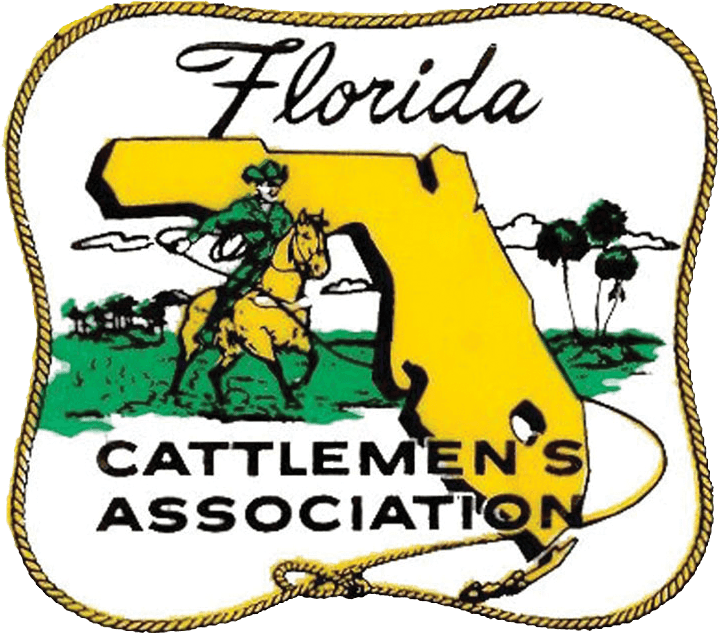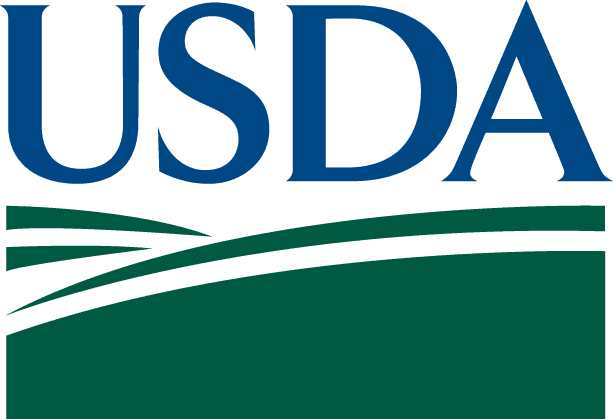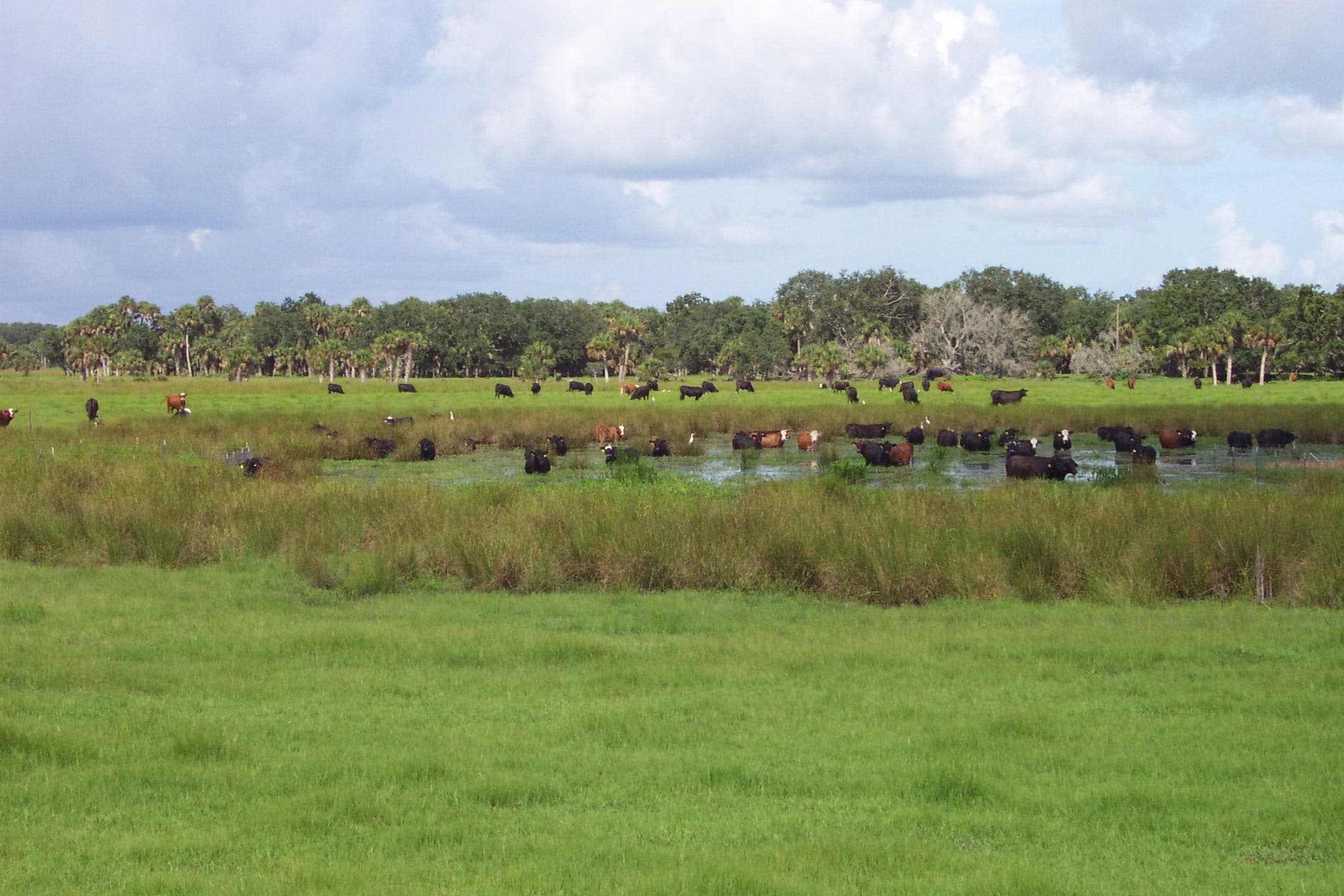
Ranch Wetland Experiment
Understanding how management decisions affect wetland conservation value and wetland functions that benefit society.
Florida’ s extensive ranchlands are heavily dotted with small wetlands. Despite their small size, wetlands provide big benefits. Because wetlands are so important for conservation and for multiple services to society, research is needed to understand how ranchland management affects wetlands. At Buck Island Ranch, we have maintained one of the longest running, and largest wetland experiments. Wetlands in the experiment are embedded in either improved pastures or semi-native pastures. Researchers established 40 wetlands as a giant experiment, 10 wetlands each with grazing, fire, neither, or both.
Major Findings & Impact
Our study suggests that grazing levels applied in semi-native pastures maintained high plant diversity and prevented tree and shrub encroachment. In the absence of grazing, prescribed fire is crucial to maintaining species diversity. Fenced wetlands had greater quantity of palatable species, especially when exposed to prescribed fire. To decrease unpalatable biomass in grazed wetlands within improved pastures, our research suggests that rotational grazing with adequate rest periods are required. This ranch wetland experiment has provided science-based information for grazing in wetland restoration easements. We found that grazing is compatible with wetland restoration goals. It is likely that without the ability to graze, few ranchers would be interested in getting easements on their land.
Project Details
More about this project
Data and Analysis Types
Plant composition and diversity, Plant traits, Forage production and quality, Soil carbon and nutrients, Methane emissions, Water quality, Aquatic invertebrates, Aquatic herpetofauna
Primary Location(s)
Buck Island Ranch
Years Active
2006 - Present
Related People
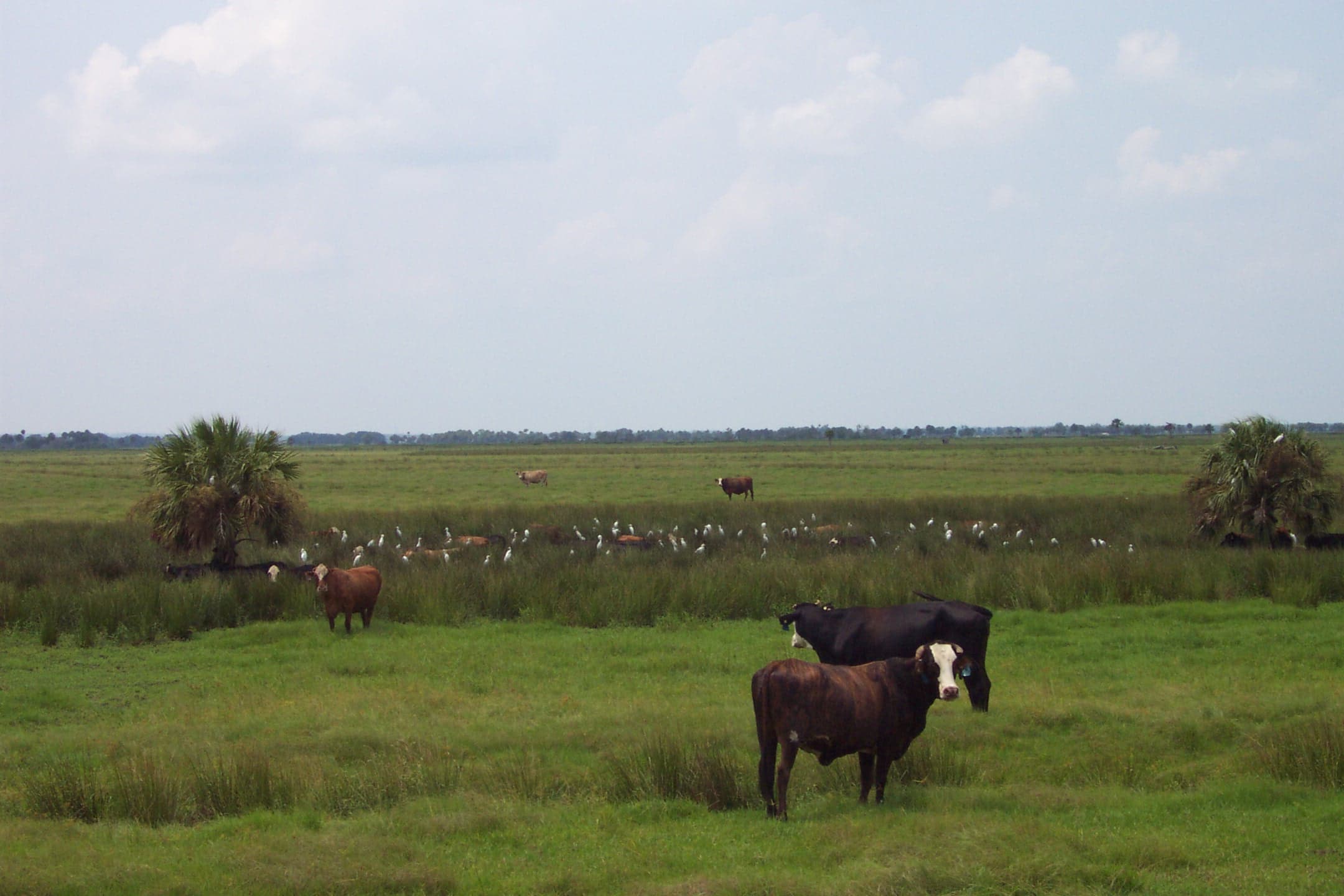
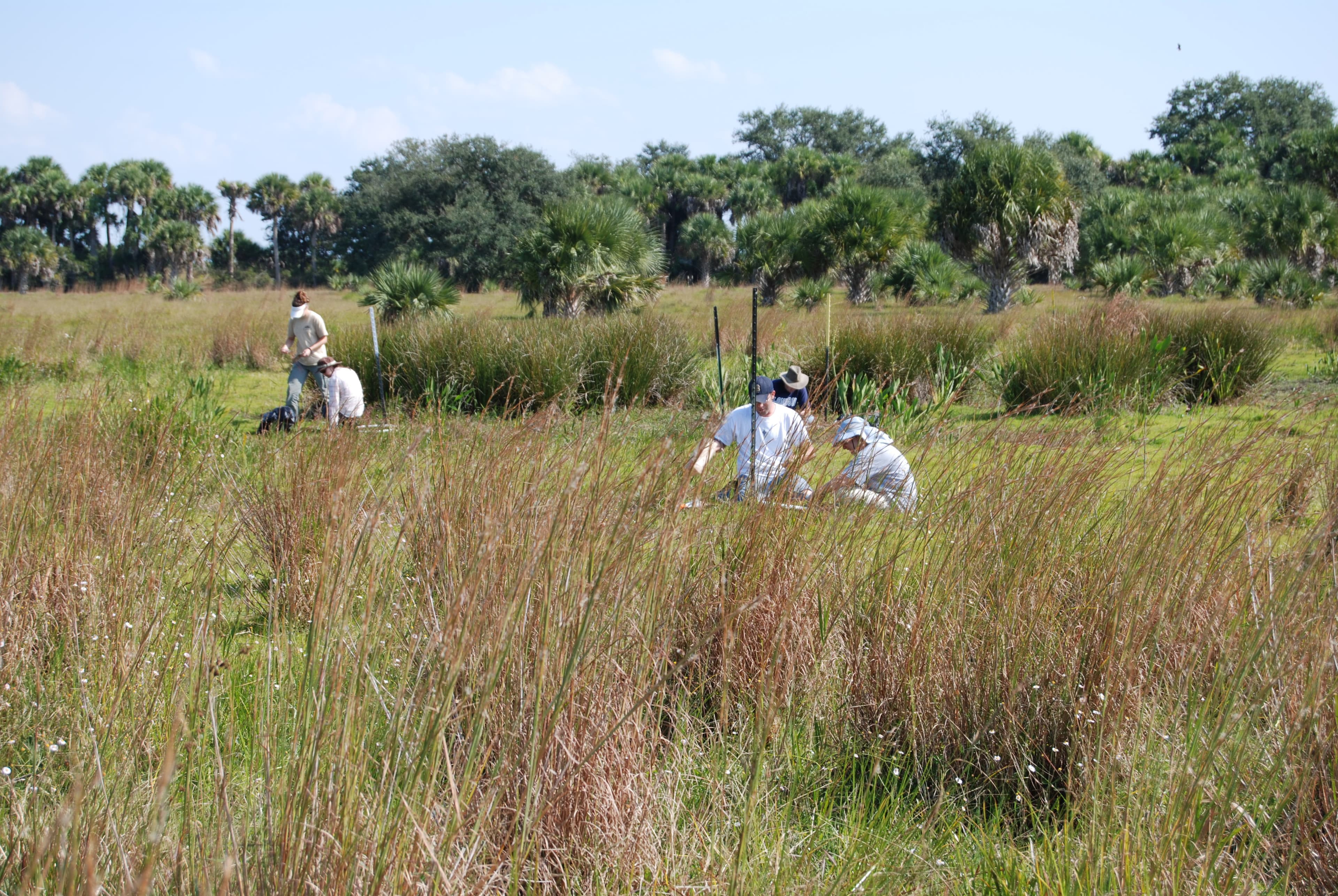
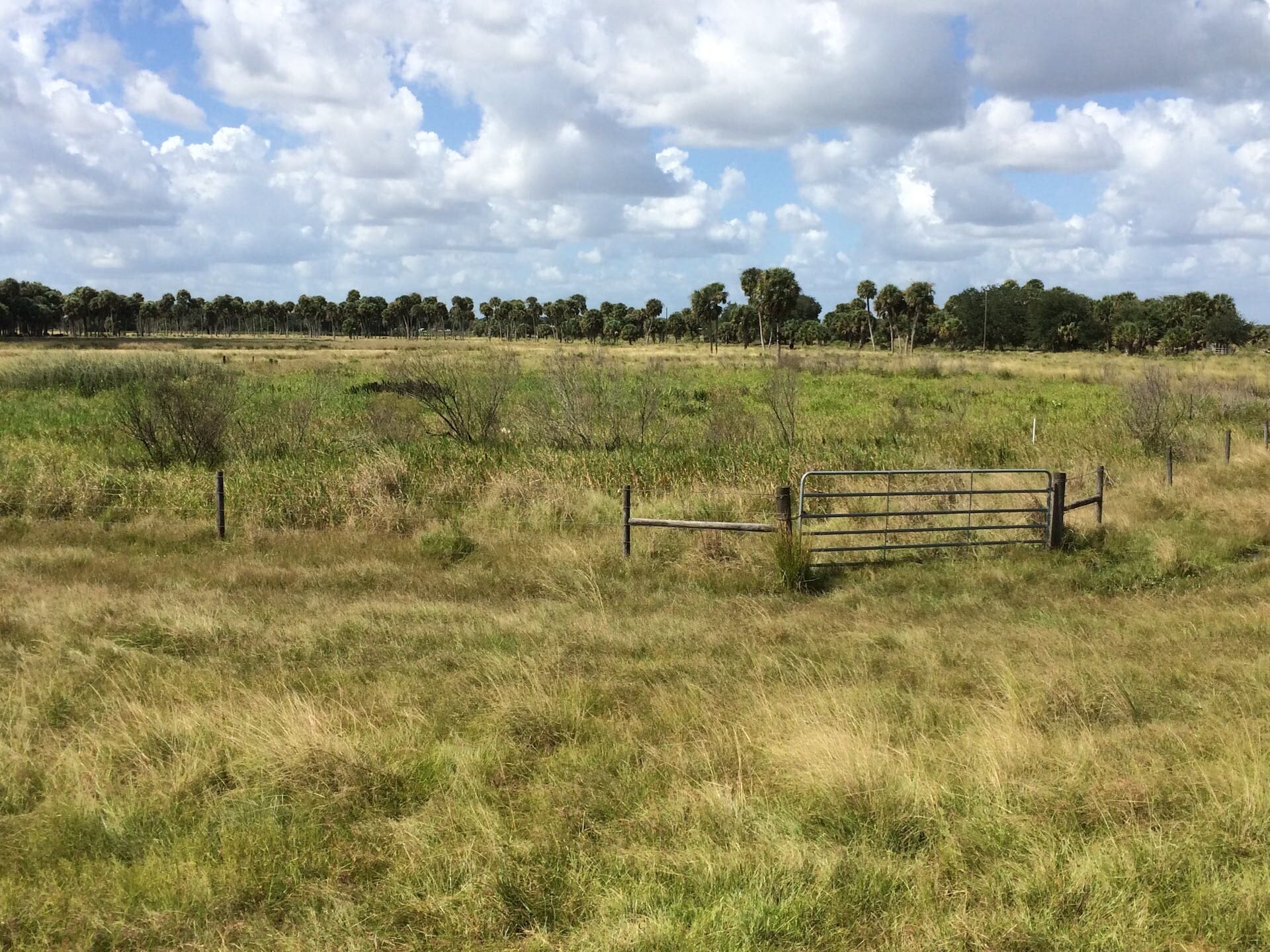
Featured Publications
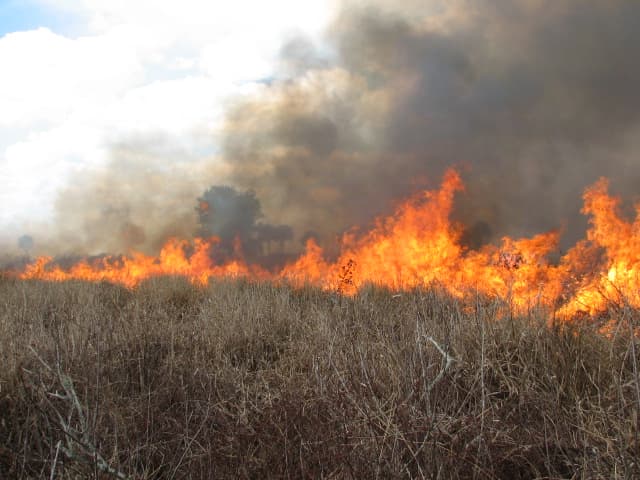
.jpg&w=3840&q=75)
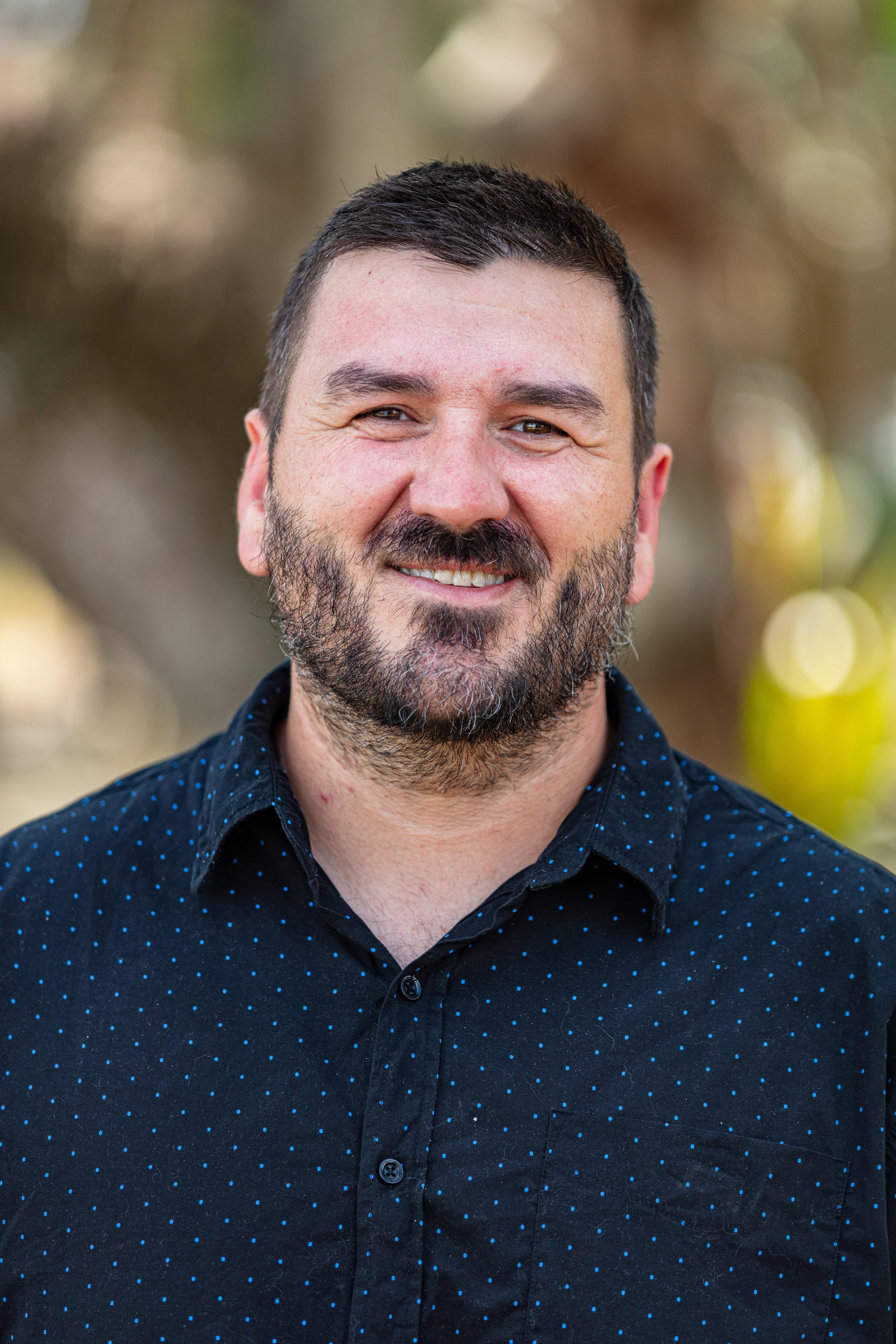
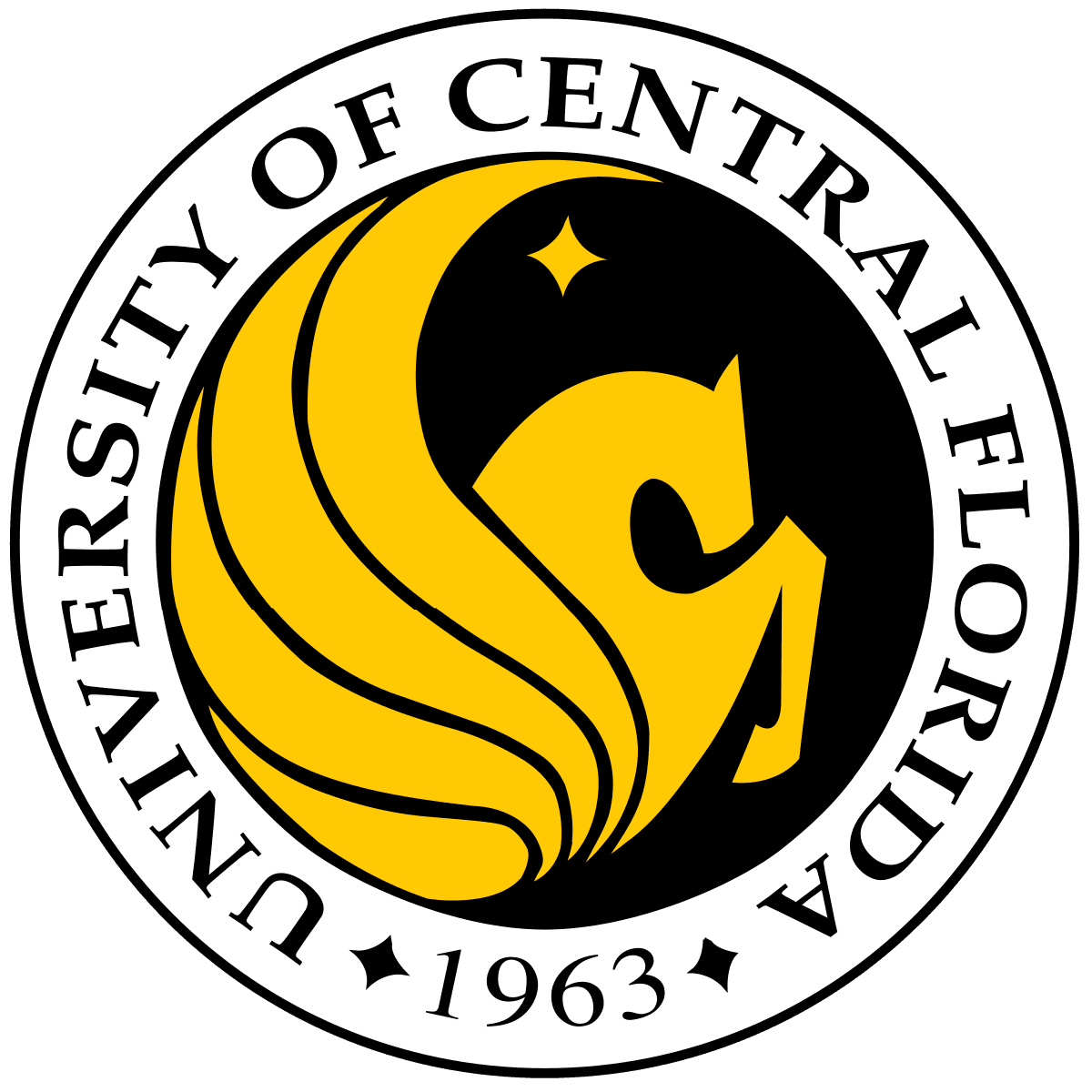
.png&w=3840&q=75)

.jpg&w=3840&q=75)

